|
Violent youth crime won’t change until we start speaking about it differently. We need to recognise the psychosocial factors that contribute towards violence and the ineffectiveness of our current response towards crime Alex Lloyd
In the past 18 months, the UK has seen a spike in violent crime. Recent figures released by the Home Office suggest that offences involving knives have increased by two thirds since 2014. The use of these weapons by young people against other young people, in particular, is rising. Although the issue has been addressed by the media and politicians, discussions have focused on criticising police cuts and promoting tougher sentences for individuals caught carrying offensive weapons. This public narrative doesn’t include consideration of how wider social and psychological factors impact the act of committing a crime. When knife crime is reported to the public, the emphasis is almost solely on the incident itself. Media outlets spare no detail recounting the events and condemning the perpetrators for what is seen as a senseless act of violence. In political debates, these incidents of violence have been used to highlight the impact of austerity, including police having reduced capacity to deter and respond to these events. While some journalists have highlighted the closure of youth clubs as a relevant precursor to the upsurge in crime, this consideration of broader context tends to be the exception rather than the norm. For the most part, the media decontextualizes acts of violence from the wider influences on behaviour - the conversations only begin in the moment a crime is committed. The myriad other influencing factors remain in the margins. Yet, there is a large body of evidence to suggest that offending behaviour can have its roots long before the act occurs. Young people who are exposed to Adverse Childhood Experiences (ACEs), such as physical, verbal or sexual abuse, or whose parents are in prison or going through divorce are more likely to become involved in crime. And, though we are all susceptible to experiencing ACEs, poverty acts as a risk factor - people living in the most deprived areas report the highest levels of ACEs. The more ACEs a young person has, the more likely they will be criminally involved by the time they reach their teenage years. This evidence shouts loudly that youth violence is influenced by factors that emerge or are present long before the act of crime itself. It is clear that current narratives focusing only on the act of violence itself are ignoring a range of social and psychological factors that are also a part of each young person’s story.
0 Comments
Ofsted is changing the way it conducts inspections. Drawing on the views of students, we take the opportunity to think about how the education system could go from coercive to nourishing Christopher Bagley
In a previous blog, Psychologists for Social Change (PSC) responded to the announcement that the education regulator, Ofsted, are to update the framework they use to inspect schools in England. Having looked at the changes that Ofsted are proposing and finding them extremely narrow, the purpose of this article is to go further and envision an alternative future for the education system. It is based on PSC’s joint submission to the public consultation on Ofsted's proposals changes. When thinking about change in a democratic society, it is only right to begin by asking the people that will be directly affected. To this end, we spent time with States of Mind, a social enterprise that gives young people a platform to discuss issues related to education and mental health. Since January, States of Mind has conducted focus groups with 80 young people to elicit their views about the impact of Ofsted’s inspection framework on their education. Those involved were very keen to share their views: “We feel that our voices and experiences are constantly overlooked and neglected... we believe that it is our right to tell the true story of how the current system is failing us.” The students have written a powerful letter to the head of Ofsted, Amanda Spielman, communicating their deep concerns about the system’s negative impact on students. They also put forward psychological healthy ways of doing things differently. We draw on some of their ideas for this article. We also heard from parents and mined our own experience as teachers and educational psychologists. Why the proposed changes to the Ofsted inspection framework won’t deliver and what we need to do to really benefit our children and young people Christopher Bagley
In December 2017, the UK Government released a Green Paper entitled Transforming Children and Young People’s Mental Health Provision. In response, Psychologists for Social Change wrote an open letter, signed by 1400 psychologists, teachers, social workers, students and counsellors, as well as young people with lived experience of mental health issues and their parents. In it, we urged the government to “take a genuinely preventative approach” to mental ill-health, by acknowledging and addressing the wider social factors known to be linked to distress, as well as bringing an end to the austerity policies that have exacerbated these. You can read our review of the finalised proposals, published this summer, here. In short, we believe they fall desperately short of addressing the underlying barriers to long-term improvements to our collective mental health. We also called on the government to review the toll that accountability measures like exams and ‘teaching to the test’ are creating, which, according to the National Education Union, are a great source of emotional distress for teachers and pupils alike. Currently, Ofsted holds teachers and schools accountable for the academic results of young people. Every child is expected to achieve a pre-defined, government set ‘standard’. Anything else is viewed as failure for the school, regardless of a young person’s needs or the pupil demographics of the area. This leads to teachers spending hours assessing students, tracking and logging data. Workload stress is having an increasingly detrimental impact on the mental health and job satisfaction of teachers. Schools can struggle to retain teachers. In short, things are bad before we’ve even considered the impact on students. For them, the focus on results means an inflexible curriculum, with limited opportunity for creativity and a narrow conception of what intelligence and achievement means. For those who struggle to make progress, constant messages about not achieving ‘expected progress’ can be catastrophic to their mental health. Psychologists and social workers who see risk rather than need are doing families living in poverty a disservice Photo by Emma Goldsmith on Unsplash
Sinead Peacock-Brennan On August 16, the British Association for Social Workers (BASW) and Psychologists for Social Change (PSC) co-hosted an event to highlight social injustice and inequalities within the child protection and care systems. I work as a clinical psychologist in a service for people with a learning disability and have been an active member of London PSC for three years. At the event, the audience heard presentations based on research and practical experience of psychologists, social workers and people with lived experience of the care system. I agreed to summarise the points that resonated with me, along with some of my own thoughts. After the main presentations small groups discussed what they had heard and came together to think about individual and collective action. I've collated our ideas in part 2 of this blog: "We need to be more 'counter', committed and personal". You can read BASW's Eve Wilson's take on the event here and watch a recording of part of the event here. What does the research say? Professor Anna Gupta discussed her research, alongside that of Paul Bywaters, Andy Bilson and Michal Krumer-Nevo. Professor Gupta explained that a child is ten times more likely to be taken into care if they come from an area of high deprivation compared to an area of low deprivation. (Deprivation refers to a community's access, or lack of access, to important resources such as income, education, employment or health). This is also the case for children on a child protection plan, which is drawn up by the local authority and the family after an investigation to keep a child safe or improve their living conditions. As local authorities have continued to be hit by austerity, there has been an increase in the numbers of children on protection plans, most often for emotional abuse or neglect (the proportion of children in care for physical or sexual abuse appears to stay the same). Despite this increase, a large proportion of children are not being offered any service after the investigation. So, families are labelled as not providing “good enough” care but not “bad enough” to warrant support, a situation that Professor Gupta suggested has contributed to the relationship between services and families feeling increasingly authoritarian and coercive. What then is driving these differences in the involvement of child protection services? There is no evidence to suggest that parents in Blackpool (an area of high deprivation) love their children any less than parents in Wokingham (low deprivation). Is it down to the differing levels of deprivation? Professor Gupta talked about the direct and indirect impacts of poverty on children and families – both of which play a role. A direct impact would be the inability to buy food for your family if you do not have access to money. An indirect impact would be the lack of power that people living in poverty hold, blocking their access to roles, rights and opportunities as well as having an impact on the way professionals interact with them. There are lots of things psychologists and social workers can do to ensure that families are treated more humanely by the care system Photo by João Rafael on Unsplash
Sinead Peacock-Brennan On August 16, the British Association for Social Workers (BASW) and Psychologists for Social Change (PSC) co-hosted an event to highlight social injustice and inequalities within the child protection and care systems. This is the second part of a blog responding to the event. You can read the first part 'How professionals can inadvertently make things worse' here. While there might always be cases when children need to be taken into care, the focus of the event was on “reclaiming humanity” in child protection services. How can we ensure that families are treated more humanely? How can we ensure that services don’t worsen their situation? Care leaver, social work student and children’s support worker Aijannah de Nisci shared an initiative in her workplace which challenges the assumptions underpinning the labelling and “othering” processes at work in the system. She explained that whenever “neglect” is discussed in meetings, other team members ask “what do you mean by that?” and “what does that look like”? This opens up a wider discussion of the family’s experience and allows for the possibility of change at a preventative stage. This led us to consider how professionals can help tackle smaller problems for families, before children are put onto child protection plans or taken into care. Shoda Rackal, a breastfeeding peer supporter and member of Legal Action for Women, shared some of the community groups available to support families in the child protection system. She spoke about a monthly support group for mothers whose children have gone into the care system, and the monthly picket held outside a family court on the first Wednesday of every month. She also recommended the Legal Action for Women dossier, available online, on the unjust separation of children and their mothers. Professor Gupta presented a quote from Michal Krumer-Nevo which encourages social workers to become more comfortable resisting – or countering – “the system”, more committed to social action, and more personal in their interactions, standing alongside families. As a psychologist, these are aspects to our practice which I think we can all incorporate, both those working in the care system and in other areas of health and social care. We could also look to Community Psychology. Community psychologists have long acknowledged the importance of working with marginalised groups to challenge social conditions, through both therapy and activism. Sue Holland’s social action model of psychotherapy is often used as an example of this, and I wonder whether some of the psychologists involved in the event might be able to incorporate some of the examples of collective action listed below into their clinical practice. Far from being "transformational", the plan fails to address the fundamental barriers to long-term improvements to the nation’s mental health Photo by Redd Angelo on Unsplash
Jen Daffin, Sally Zlotowitz and Jessica Bond By 2023, children in about a quarter of UK schools will learn about mental health and wellbeing in their PSHE (personal, health and social education) classes. Those who are struggling with their mental health will be identified by a trained staff member and will be supported by new Mental Health Support Teams or directed to the right specialist service - services that will be more accessible thanks to four-week waiting time targets. At least that’s the plan. The finalised proposals, announced by the government at the end of July after a public consultation, are an attempt to improve the mental health of children and young people in the UK. They will be rolled out in pilot areas from the end of 2019, with the aim of reaching between 20% and 25% of the country’s children four years later. From the beginning, the Department of Health and Social Care and the Department of Education have made much of their “transformational” plan’s focus on early intervention and prevention and the “brand new workforce” that will be created to carry it out. In our view, their initial proposal, published as a Green Paper in December, was woefully inadequate in this regard. As part of the public consultation, Psychologists for Social Change submitted an open letter signed by 1400 psychologists, teachers, social workers, counsellors, as well as young people with lived experience of mental health issues and their parents. We explained that the proposal was a huge diversion away from the real issues surrounding children, young people and families’ mental health because it failed to address poverty, reduced social mobility and the growing number of people living in inadequate housing. These issues have been indisputably linked to poorer mental health. We urged the government to “take a genuinely preventative approach” by acknowledging and addressing these societal risk factors and bringing an end to the austerity policies that have exacerbated them. |
AuthorPSC is a network of people interested in applying psychology to generate social and political action. You don't have to be a member of PSC to contribute to the blog Archives
February 2022
Categories
All
|
PSYCHOLOGISTS FOR SOCIAL CHANGE
- Home
- About
-
Groups
- Blog
-
Position statements
- UK >
-
Cymru / Wales
>
- Consultation Responses
- Housing Support Funding
- Connecting the Dots Report
- Chemical Imbalance Myth
- Review of use of dx PD
- UK Inhumane Removal Plans
- WG LGBT+actionplan
- Ty Coryton
- Commission on Race and Ethnic Disparities: The Report
- ECT Review
- Black Lives Matter
- COVID 19 and Internet Access
- Save the T4CYP Programme
- Support the Mind over matter Report
- UN Report on Extreme Poverty in the UK Letter
- England >
- Ireland >
- Northern Ireland
- Scotland
-
Campaigns
- Join our mailing list
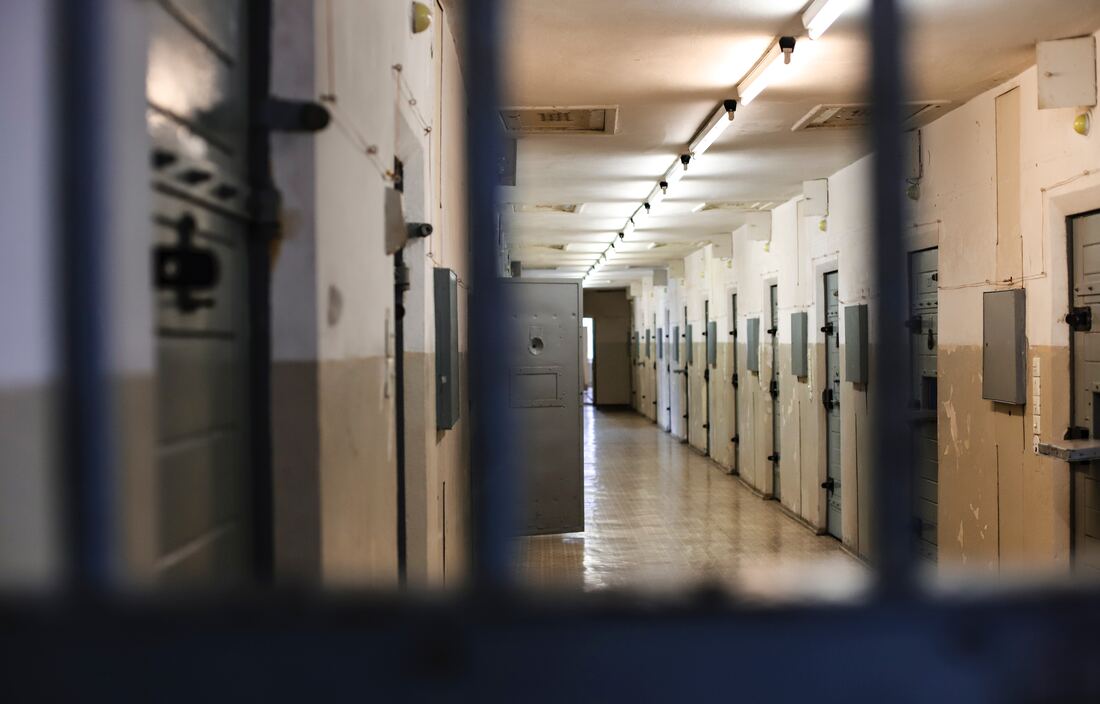
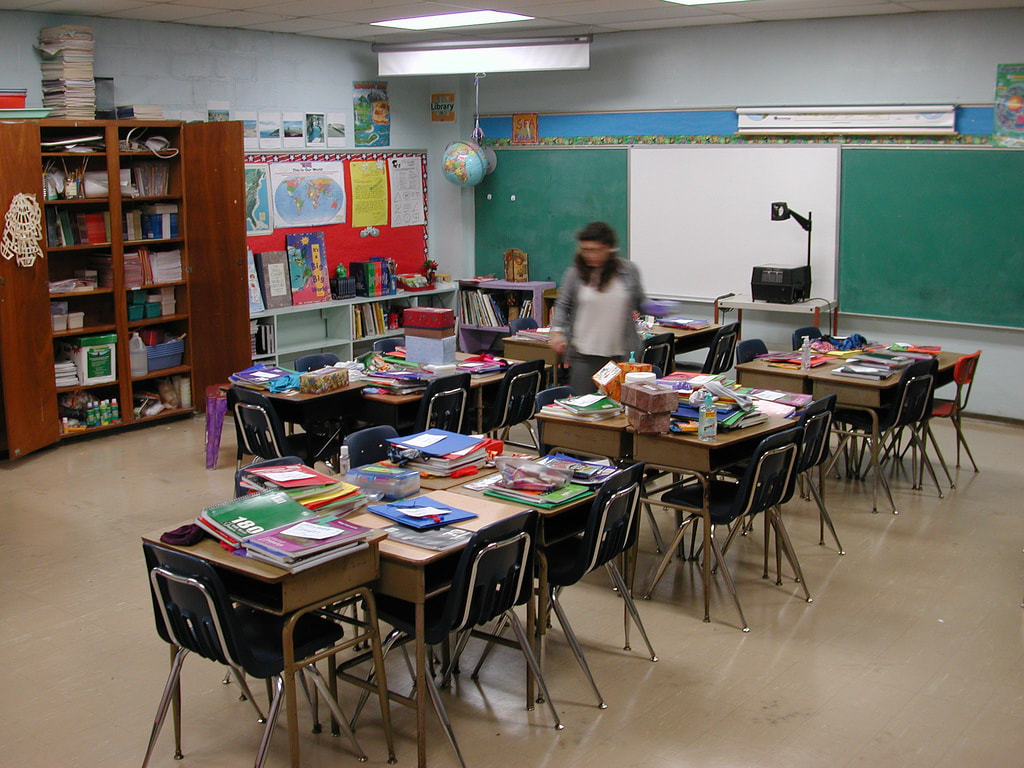
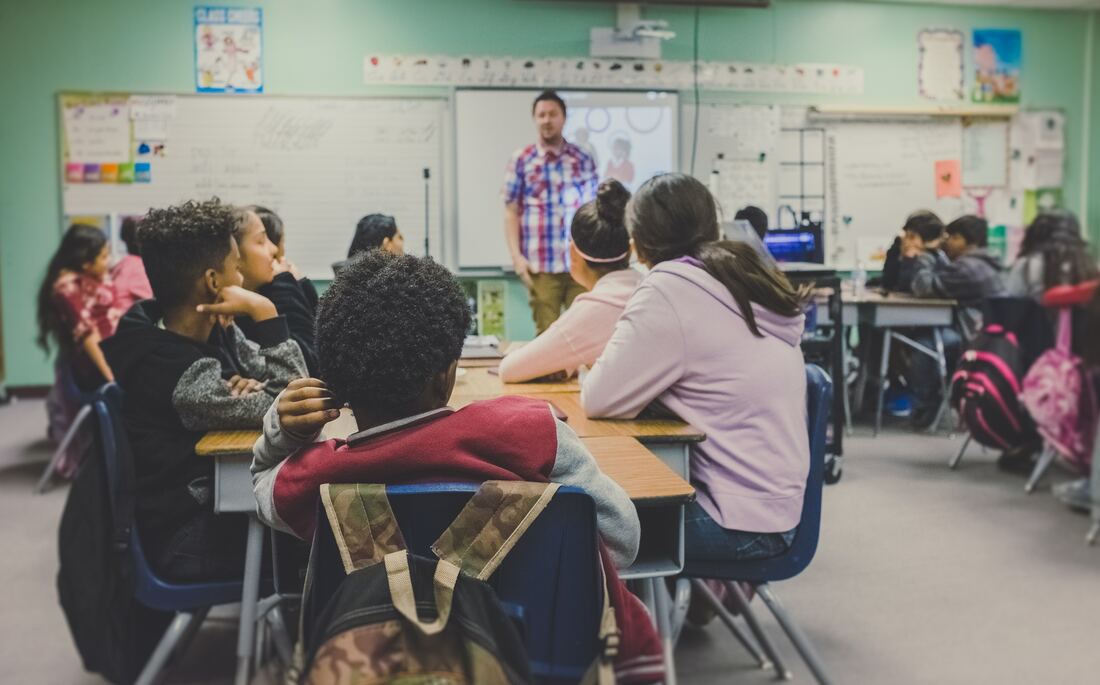
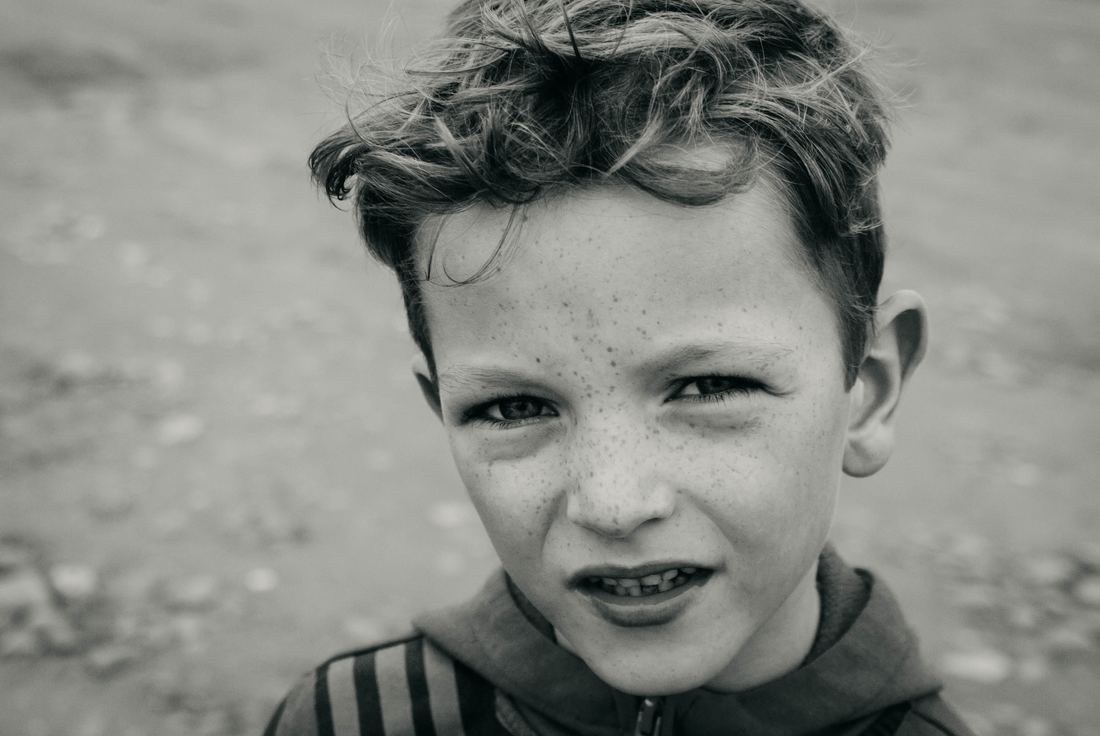
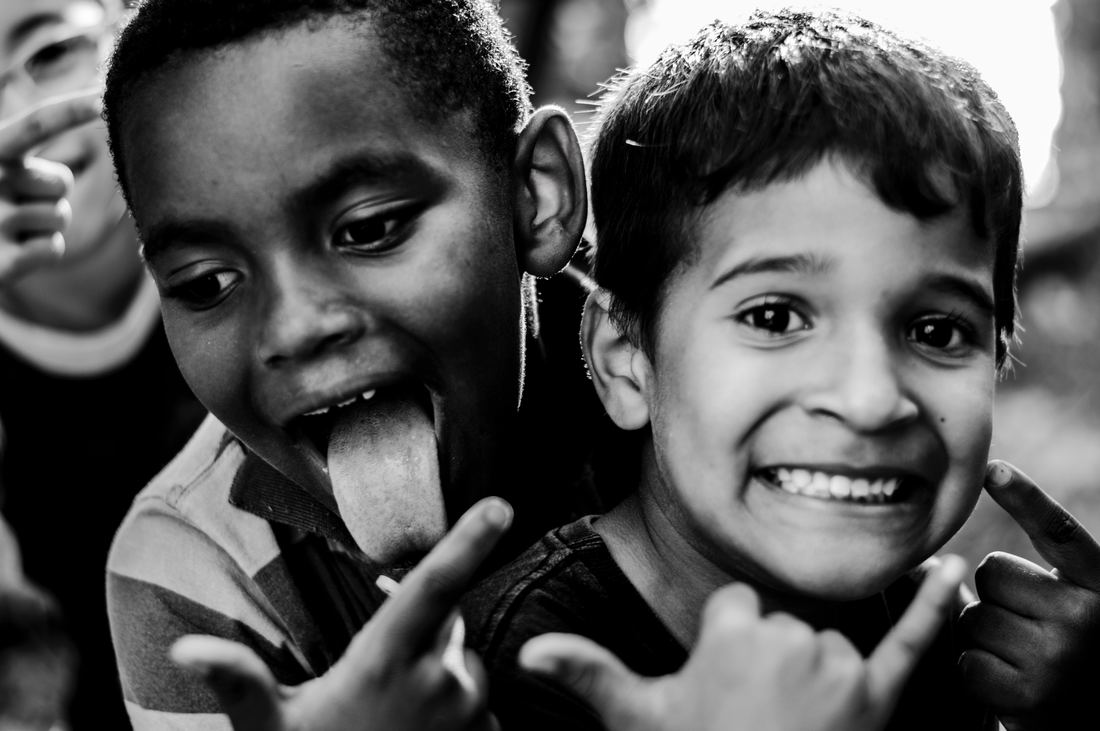

 RSS Feed
RSS Feed
